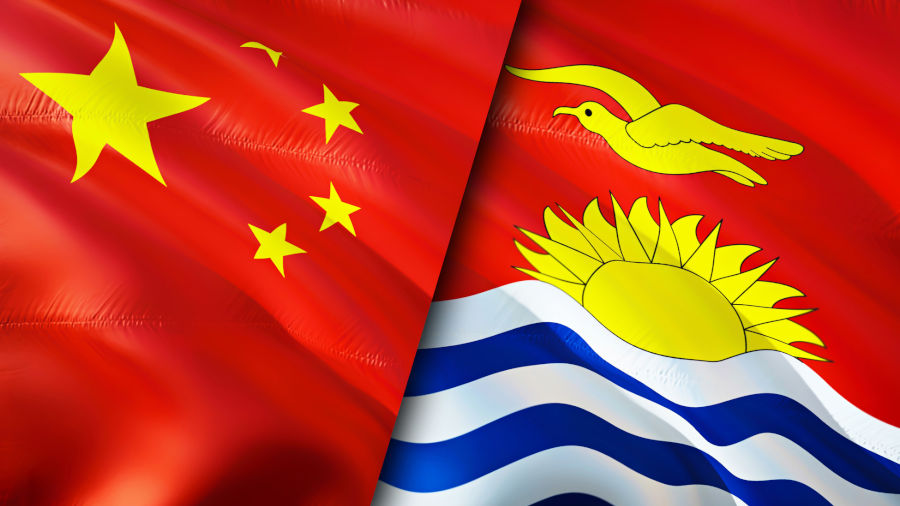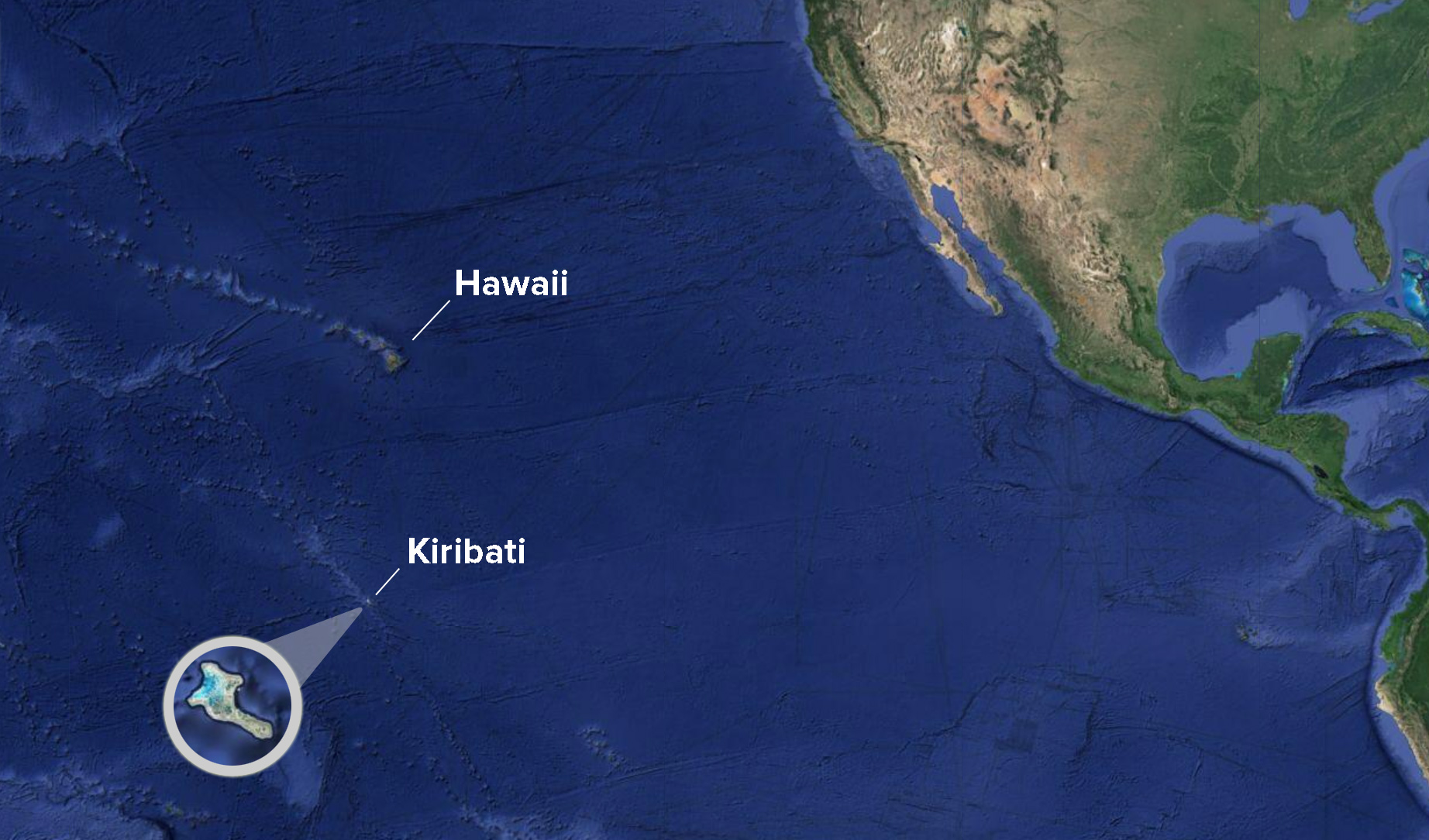China’s Kiribati Developments Worry Australia, Hawaii, and the United States

Past Australian exploitation pushes Pacific Islands to Beijing
China is planning to redevelop a remote, but strategically located airstrip on one of the Kiribati islands, a plan that has raised alarms with the United States and Australia. Kiribati resumed diplomatic relations with China in 2019, while Chinese State Councilor and Foreign Minister Wang Yi spoke with Kiribati’s President Taneti Maamau last week.
The US and Australia are both part of the ‘Quad’ security alliance, while Kiribati is not far from busy commercial shipping lanes running from the United States to Australia and New Zealand.
The Australian Strategic Policy Institute (ASPI) has quoted references from WW2 incidents to criticize China’s redevelopment of Kiribati, stating that “During World War II, Japan’s attempts to block these shipping lanes were defeated, starting with the Battle of the Coral Sea and then the taking of Guadalcanal in Solomon Islands. Today, China is moving to achieve control over the vital trans-Pacific sea lines of communication under the guise of assisting with economic development and climate-change adaptation.”
Reuters is reporting that China’s plans, which have not been made public so far, involve construction on the tiny island of Kanton, a small coral atoll strategically located midway between Asia and the Americas.

Kiribati opposition lawmaker Tessie Lambourne has stated that “The (Kiribati) government hasn’t shared the cost and other details other than it’s a feasibility study for the rehabilitation of a runway and bridge.” That has been enough to raise concerns in Washington and Canberra.
Kiribati’s unique geographic location has specific strategic attributes as the tiny nation of just 120,000 controls one of the biggest exclusive economic zones in the world, spanning more than 3.5 million square kilometres of the Pacific.
Since World War II, Kiribati has allied with western powers, but this has been challenged by a rising China, which is expanding its geopolitical footprint around key pivots in the oceanic as well as continental domains. It hasn’t helped Australia’s cause that other Kiribati islands have been irreparably damaged by Australian phosphate mining, yet now fears that “Kiribati would become a fixed Chinese aircraft carrier.”
Kiribati’s recent pro-China stance occurred in 2019, when it terminated its diplomatic ties with Taiwan, recognized China instead, and terminated a US agreement to use the Kanton atoll to track missiles and the originally developed two-kilometer-long runway for flying long-range bombers. That has now stopped, while Kiribati has been seeking compensation from Australia, New Zealand and the United Kingdom, all Quad members, for previous environmental damage caused by the exploitative mining – a sign that previous sins will eventually come back to haunt the West. It remains ironic that several of China’s Belt and Road Initiative projects have been accused of the same – although China has recently been discussing greening the BRI and has dropped the financing of polluting projects.
Though a literal ‘drop in the ocean’, Kiribati’s legal control over 3.5 million square kilometers of the Pacific now render it a useful ally, while the Indo-Pacific is likely to emerge as a prime area of increasing geopolitical concerns. Kiribati holds an interesting angle that Western nations should right prior wrongs before claiming territories as under their remit. Because if not, China will step in, clean up the mess – and exert their own influence.
Related Reading
- Kiribati Recognizes China Over Taiwan, Joins Belt And Road Initiative
- Has China’s Belt and Road Initiative Shifted the Geo-Political Regional Debate from APAC to the Indo-Pacific?
About Us
Dezan Shira & Associates have a 30-year history of assisting UK and other foreign investment into Asia, and maintain offices in Japan, Malaysia, Singapore, and Vietnam. We also have offices throughout China, ASEAN, and India. Please contact us at asia@dezshira.com for local market intelligence and market entry assistance, or visit us at www.dezshira.com





